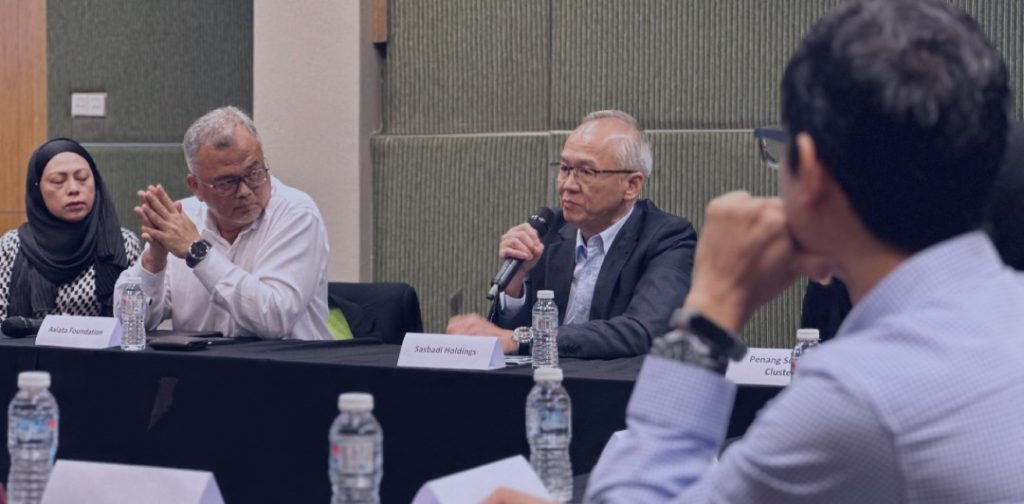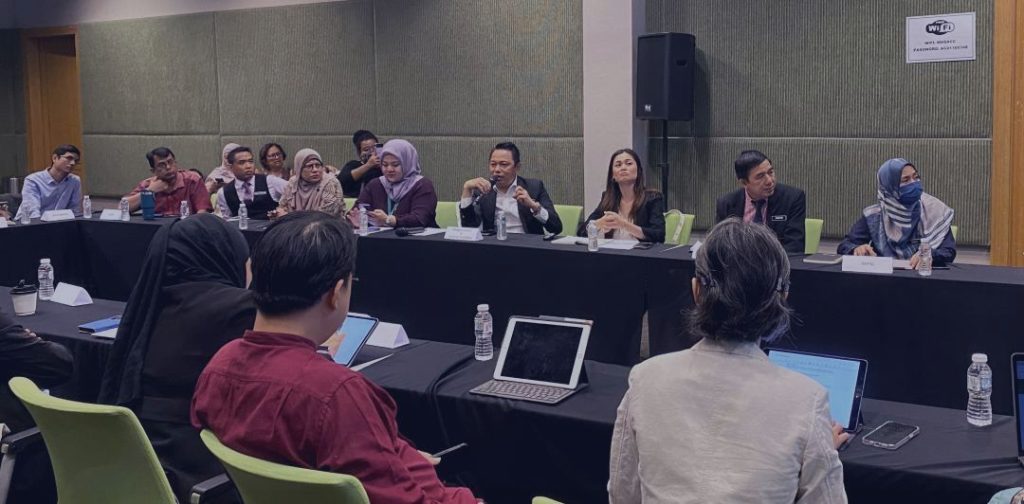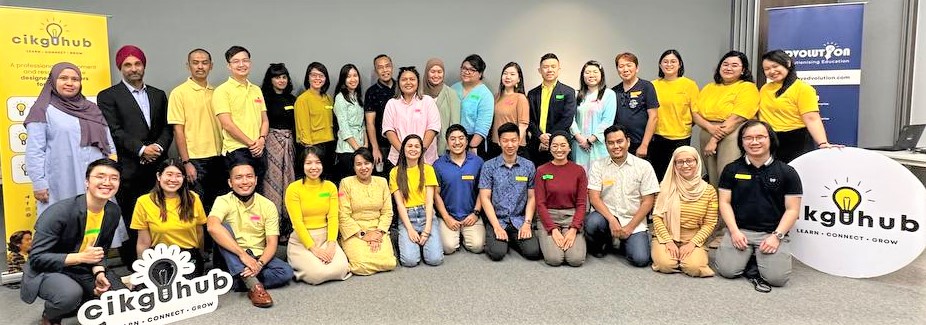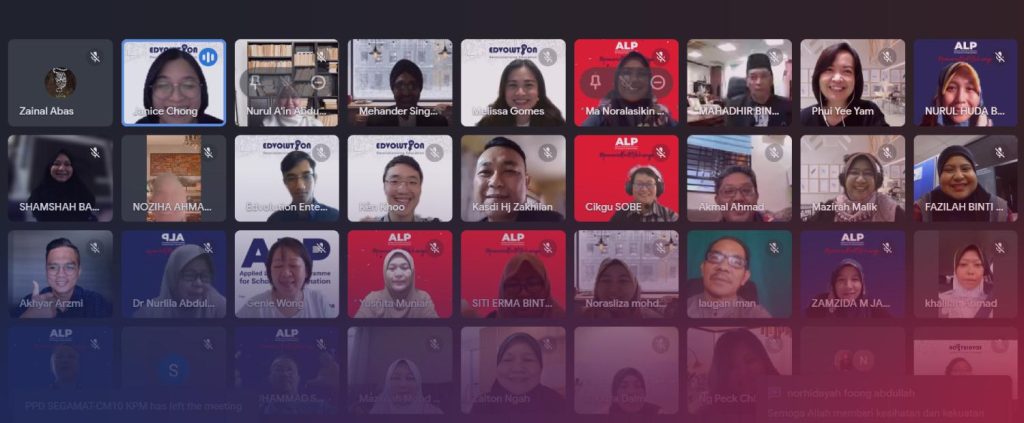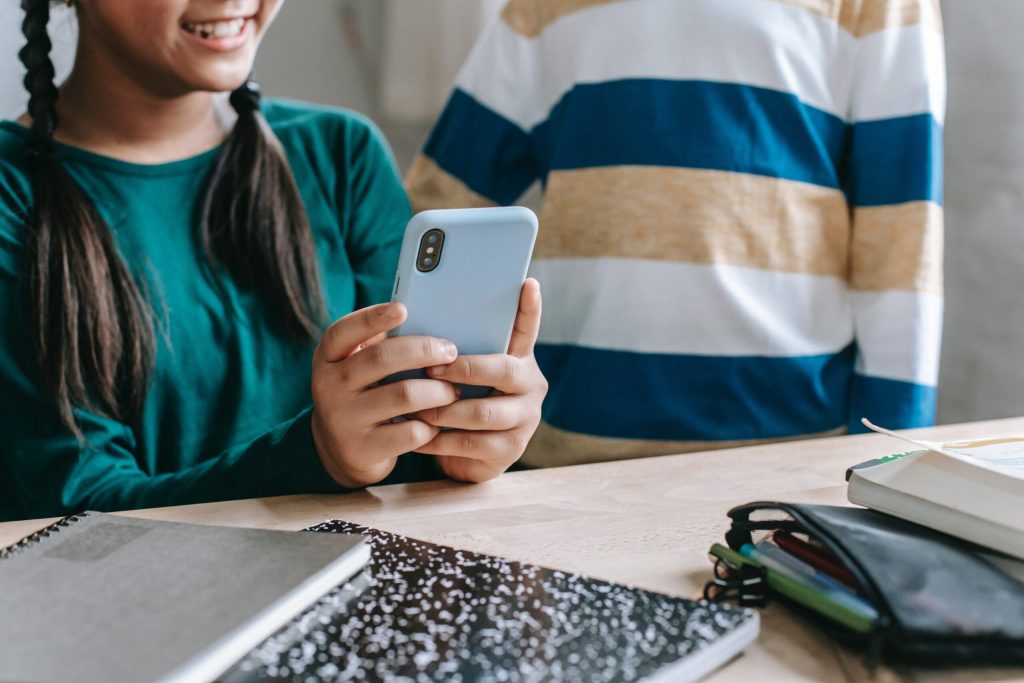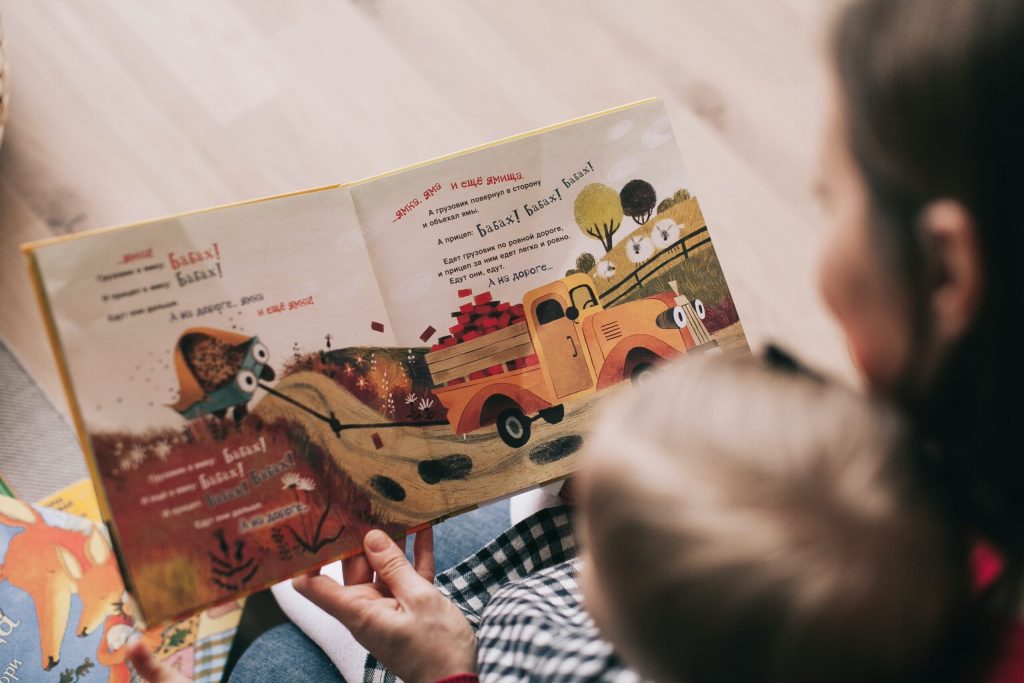by Joel Tan
26 October 2022
“Prepare for your interview,” they say.
If you are a fresh graduate applying for a job, these words might seem awfully familiar to you. But how do you prepare for it? This is the golden question that many want to know yet few seem to answer.
In this article, I will cover what an SPP interview is, how you can prepare for it, as well as how you can ace them. This article is catered towards SPP interviewees, but I believe others may also find useful principles that can be drawn from this article. With that being said, let’s begin tackling our topic today!
Introduction on SPP
What does SPP stand for?
Education Services Commission/ Suruhanjaya Perkhidmatan Pendidikan (SPP)
What is an SPP interview?
SPP interview refers to the interview that candidates for government education services go through to become a teacher or a member of the executive group (lab assistant, hostel warden etc….)
What is the mission of SPP?
To appoint and retain the best talent in education services through transformative service management (loosely translated from BM)
Therefore, if you think that you are applying for a second-rated job in education, brush those thoughts aside, as SPP is looking for the best talent for Education.
Tips: Go to the interview with a competitive mindset. Have the mindset that Education is a first-class job.
To further back up this statement, here are some statistics that show the number of applications in the past few years.
 (Picture source: “Seminar Laluan Kerjaya dan Persediaan Temu Duga SPP bagi Pelajar Pendidikan, PPIP USM” on the 20th of July 2022)
(Picture source: “Seminar Laluan Kerjaya dan Persediaan Temu Duga SPP bagi Pelajar Pendidikan, PPIP USM” on the 20th of July 2022)
Notice in the year 2021, SPP received over a million applications. Among those, SPP filtered out slightly over twenty-five thousand people who were called for an interview (~2.44%). Out of a million applicants, only fourteen thousand applicants managed to land the job. (~1.36%)
3 types of interview
If you pass the initial screening stage, you may be called to one of the 3 possible types of interviews.
Physical interview (group)
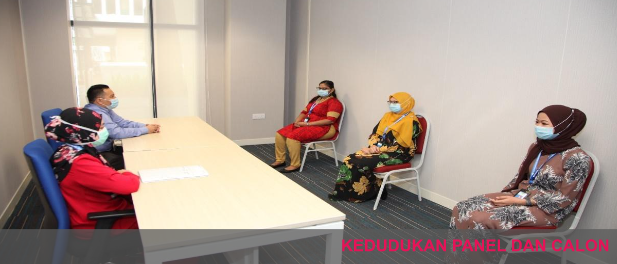 (Picture source: “Seminar Laluan Kerjaya dan Persediaan Temu Duga SPP bagi Pelajar Pendidikan, PPIP USM” on the 20th of July 2022)
(Picture source: “Seminar Laluan Kerjaya dan Persediaan Temu Duga SPP bagi Pelajar Pendidikan, PPIP USM” on the 20th of July 2022)
Physical interview is estimated to take around 30-45 minutes. The key detail of a physical interview that makes it interesting is the distance between the interviewees and the panel of interviewers. Do you know why they have this distance? Aside from social distancing, this gap is there for interviewers to test candidates’ ability to speak clearly and loudly. It is a test of vocal projection, to ensure students in the classroom can hear your voice.
Tips: Practice enunciating your words clearly and with enough vocal strength so that you will not be caught off guard and panic during the interview.
Virtual interview (group)
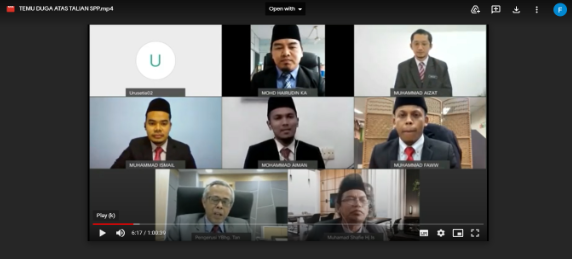 (Picture source: “Seminar Laluan Kerjaya dan Persediaan Temu Duga SPP bagi Pelajar Pendidikan, PPIP USM” on the 20th of July 2022)
(Picture source: “Seminar Laluan Kerjaya dan Persediaan Temu Duga SPP bagi Pelajar Pendidikan, PPIP USM” on the 20th of July 2022)
Similar to physical interview, it will also be carried out in groups and estimated to take around 30-45 minutes. Despite not having the same gap between interviewer and interviewee, do remember to communicate clearly. Make sure your internet connection is stable.
Video recording (individual)
This is the only form of interview that is not done live. Interviewees will be required to take a short video recording of themselves that is around 5-7 minutes long based on the questions given.
What aspects will they judge you on?
The criteria that SPP interviewers are looking for can be divided into 2 categories, which are soft skills and hard skills. In order to ace your SPP interviews, you will need to:
Showcase Your Soft Skills
Your ability to think on the spot and on the job is what sets you apart from other candidates with the same qualification. SPP interviewers are looking for candidates that are quick-witted and able to think diligently.
Throughout the interview, communication skills will be thoroughly assessed. Interviewers will seek to ascertain whether a candidate can communicate well in a classroom setting. Therefore, remember to articulate your speech clearly and audibly.
Another skill that is often disregarded as part of communication is personal appearance.
“Appearances make impressions”
Grooming yourself to be presentable and having a positive personal appearance will leave a strong impression on the interviewers and can truly propel you as a professional.
Demonstrate Your Hard Skills
Soft skills can certainly help you stand out from other candidates, but hard skills are the bread and butter of the job. Also known as technical skills, hard skills are abilities that let you tackle job-specific duties and responsibilities.
During the interview, you will be tested on various forms of knowledge. Knowledge of subject content is a given while general knowledge and knowledge about current issues in education are greatly valued.
Most interviews will likely present you with an opportunity to showcase your teaching expertise. Show them you are suited for the teaching profession by sharing your experiences, including your highs and your lows. Having various teaching methods and an understanding of pedagogy under your sleeve will be crucial to convince the panel of interviewers that you are capable of managing a classroom full of students. Your ability to plan for lessons will be assessed by referring to your lesson plan book (Buku RPH) if you have one. An organised and well-thought-out lesson plan will help you appeal more to the panel of interviewers.
Furthermore, your involvement in extracurricular activities is also important as that will set you up as a candidate that is well-rounded. Your knowledge of co-curriculum management, HEM, PIBG, and Alumni will be a welcoming bonus. Be creative when you are asked hypothetical scenarios, but always remain relevant.
SPP Interview (pre-, during, post-)
Wondering what it would look like to prepare for the interview? Let me walk you through the pre-interview, during the interview and post-interview checklists.
Before the interview
Read the interview instructions. Make sure you are clear and fully understand the requirements of the interview.
Recce the location of the interview. Recce means to quickly visit or look around a place in order to find out information about it. Figure out where it is, find out the traffic conditions around the area and how long it would take you to get there. Surveying the place of the interview gives you a better grasp of the information you need to plan out your transport.
Prepare and organize original documents and copies including lesson plan (RPH). Keep those documents in a file so that it looks neat and presentable.
Prepare your clothing. Yes, it is simple, yet very important. SPP interview entails formal clothing, so prepare your shirts and dresses accordingly.
Brush up your soft and hard skills. Read up on current issues in education, revise learning theories and practice your communication skills. Stick to the end to see some sample questions that SPP interviewers might ask.
On the day of the interview
Come early. “The early bird catches the worm”, arriving early gives you an edge as you have more time to calm your nerves and make amendments in case anything is amiss.
Maintain tip-top appearance and discipline throughout the session. Always stay focused during the interview and respond to the interviewers’ questions. Listen and comply with the panel’s instructions. Try to understand the panel and avoid answering without thinking. Remember this phrase “Speak as needed, clearly and thoughtfully”
Remember to give opportunities to other candidates or friends. Don’t forget that there are other candidates in the interview.
After the interview
You may breathe a sigh of relief; you are almost done. Before you leave, ensure a copy of all the necessary documents have been submitted. Make sure to keep the original documents as those are your precious belongings. Then walk out of the interview venue/hall without dilly-dallying.
Sample Questions to ace in your SPP interview
- In your opinion, how can our education system be improved?
- How will you apply the Sekolahku Sejahtera concept in everyday teaching?
- What are the elements that make up a student?
- Throughout the MCO period, learning has been carried out online. In your opinion, after the MCO period, should online learning be stopped and only focus on face-to-face?
- PPPM (Pelan Pembangunan Pendidikan Malaysia/ Malaysian Education Blueprint) outlines 11 shifts. Please choose one shift and explain what you understand about it.
- Why was May 16 chosen as Teacher’s Day?
- What techniques/methods will you use to ensure that the syllabus can be completed in a short period of time?
Ending Note – “How do I apply for the job?”
If you have graduated but have yet to apply for an education job in the government sector, go to this website to apply. If you want to find out more, you may go to this link. There is a FAQ section that answers all you need to know about applying for the job.
Joel Tan graduated with a degree in Teaching English to Speakers of Other Languages (TESOL) from Universiti Sains Malaysia (USM). He is an aspiring teacher who believes that the heart of education is the education of the heart.


